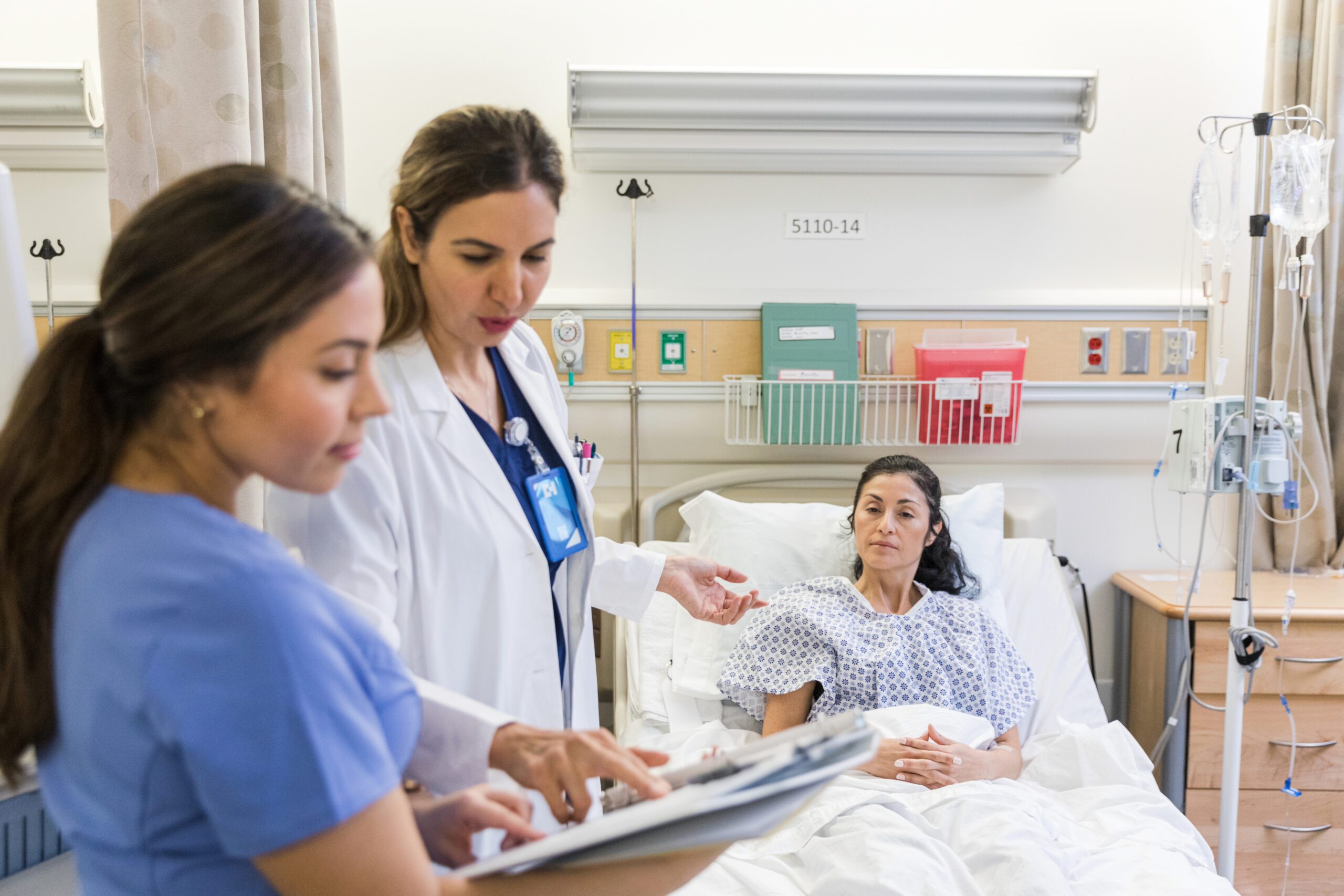 Let’s face it—you’re not a robot; and to this date, I have never met someone capable of studying for 24 hours a day, seven days a week, and for six weeks leading up to their USMLE Step 1.
Let’s face it—you’re not a robot; and to this date, I have never met someone capable of studying for 24 hours a day, seven days a week, and for six weeks leading up to their USMLE Step 1.
The most efficient and successful study plans typically call for 10-12 hours a day of actual studying, leaving you with anywhere from 12-14 hours of additional time to fill. But just like the quality of the hours you spend studying is tantamount to your success—so too is what you do with those additional hours.
Over the years, I have found that the most successful students are those who make the most of these hours and utilize them to create a healthy and balanced life while preparing for their exam. Today, I’ll share with you what I have learned from these students.
Sleep is Important
By now, you probably have about two years of sleep deprivation under your belt and potentially decades more to go unless you are planning on becoming a dermatologist. However, thinking that you can function on minimal sleep is one of the biggest mistakes that I have seen students make.
A 2008 study in Sleep Medicine showed that even one night of sleep deprivation can impair cognitive retention for up to seven days and several other studies have shows that sleep deprivation impairs hippocampal functioning resulting in decreased concentration, diminished working memory, and impaired consolidation of long term memories. You’re working so hard to study for this exam—so why waste it by neglecting your sleep?
I always recommend that students strive for anywhere between 7-9 hours of sleep each night during their dedicated study period. Obviously that can be easier said than done given the pressure of preparing for Step 1, but this is where a dedicated schedule can come in handy. Planning out your day accordingly will ensure that your work is done in time to head to bed by 10 or 11 pm each night.
Finally, a few other recommendations regarding sleep:
Don’t go straight from studying to bed: Take anywhere from 30 minutes to two hours to relax, recharge, and meditate. I ended each of my nights by watching an episode from a television series or a game in the NBA playoffs.
Don’t study in bed: This is some advice from sleep hygiene 101. Your bed should be a place for sleep as well as some other stuff we won’t talk about on this blog. Reading or doing flashcards while in bed conditions your body not to fall asleep when it should.
Don’t get in the habit of using sleep aids: These will just form unnecessary habits and will decrease your morning productivity with their hangover effect. If you do need help falling asleep, consider using melatonin or other herbal remedies.
Don’t stay up too late: I constantly hear students tell me that they aren’t morning people and that they would prefer studying until 2 or 3 a.m. and then waking up around noon. Just remember that unless your test is later in the day, this could backfire on you when forced to wake up for an 8 am start time.
Exercise
Part of having a healthy mind, is having a healthy body and that starts with exercise. Numerous studies have shown that exercise improves memory, concentration, and critical thinking skills—all necessary abilities for a successful performance on the USMLE. Moreover, regular exercise will improve your energy and enhance your immunity, thus decreasing the chances of you getting sick or just having an off day. Finally, regular exercise is a great stress relief and can certainly decrease your anxiety during this difficult period.
Even during Step I studying, make your health a priority. While accomplishing this may seem difficult, it becomes fairly easy if you incorporate it in to your daily routine. If possible, try to find 30-60 minutes at the same time each day where you can go to the gym or go for a bike ride, swim, or run. If you aren’t into hardcore exercise, just get outside and go for a walk. And if you’re struggling to break away from studying, consider using flashcards on your phone while grinding away on the elliptical or exercise bike.
Eat Right
Nutrition is another critical component to putting yourself in the best place for exam success. Try to avoid the fast food binges and endless supply of junk food that many students rely on during their dedicated study period. In the end, an unhealthy diet will only deprive you of energy when you need it most.
Set time aside at the beginning of each week to run to the grocery store and plan out the coming week’s snacks and meals. Stock up on fruit, yogurt, granola, and other healthy snacks to take with you while you study each day. Additionally, consider cooking meals at the beginning of each week so that you have a surplus of healthy lunch and dinner options. Finally don’t skip breakfast. A healthy meal at the beginning of the day will give you the necessary fuel required to have a productive day.
Plan Something Fun
While you shouldn’t be at a bar three nights a week during your dedicated study period, you should be doing something fun each week as a way of keeping your sanity. When I was studying for Step I, I took advantage of the summer blockbuster season and scheduled weekly nights out for dinner and a movie with my friends. Whether it is meeting friends for dinner one night each week, having date night with a significant other, or catching a game at a bar—having a regular release from the stress of Step I can help you recharge your batteries and give you something to look forward to.
Talk to People
While it is good to be focused on your exam, try to remember the important relationships in your life. For your sanity, you need to have someone that you regularly talk to. Check in with your parents, talk to your college friends, and rely on your spouse. Maintaining these relationships will give you the support system you need to accomplish your goals.
Finally, I’d like to end with what you should not be doing. I’ve seen too many students hinder their performance by trying to do too much or being caught up in toxic relationships. So here are some common pitfalls to avoid:
Don’t do research or clinical shadowing: You’ll be spending more than enough time in the hospital on rotations soon enough, and there is always time to work on a research project. What you can gain by devoting valuable study time towards these activities is not worth what you could lose with a poor Step I score.
Don’t make big plans: I get it, life happens. Sometimes, there are weddings or graduations that are just unavoidable distractions from your studies. However, taking a weeklong vacation to the beach or a long weekend trip with your friends is an unnecessary and potentially harmful distraction. Keep your eye on the big picture—there will be plenty of time for vacations and celebration after your exam.
Don’t add additional stressors: Again, some things are unavoidable, but do your best to get your life in order prior to your test. Even something little like moving in to a new place can be a significant distractor when every day is crucial to your success.
Don’t go out drinking: The hangover and wasted day tomorrow aren’t worth it.
Don’t Netflix and Chill: Unless it is how you want to spend your half day off, just say no to Netflix. One episode quickly becomes two, and two becomes an entire season and day of studying gone. If you’re prone to getting caught up in distractions like Netflix, video games, or social media—just avoid these things. There is nothing wrong with cancelling a membership or account for 6-8 weeks.
Don’t be THAT person: You now who I am talking about, the person who walks around bragging about their own USMLE World performance or asking everyone else how they are doing. Your classmates are stressed enough as is. Don’t add to it. Likewise, don’t get caught up worrying how the gunner next to you is doing or the resources that guy you barely know is using. Focus on yourself, trusting your own process, and working towards your best score. When interacting with your classmates, just be a positive person. Support and understanding are always appreciated and can go a long way.





